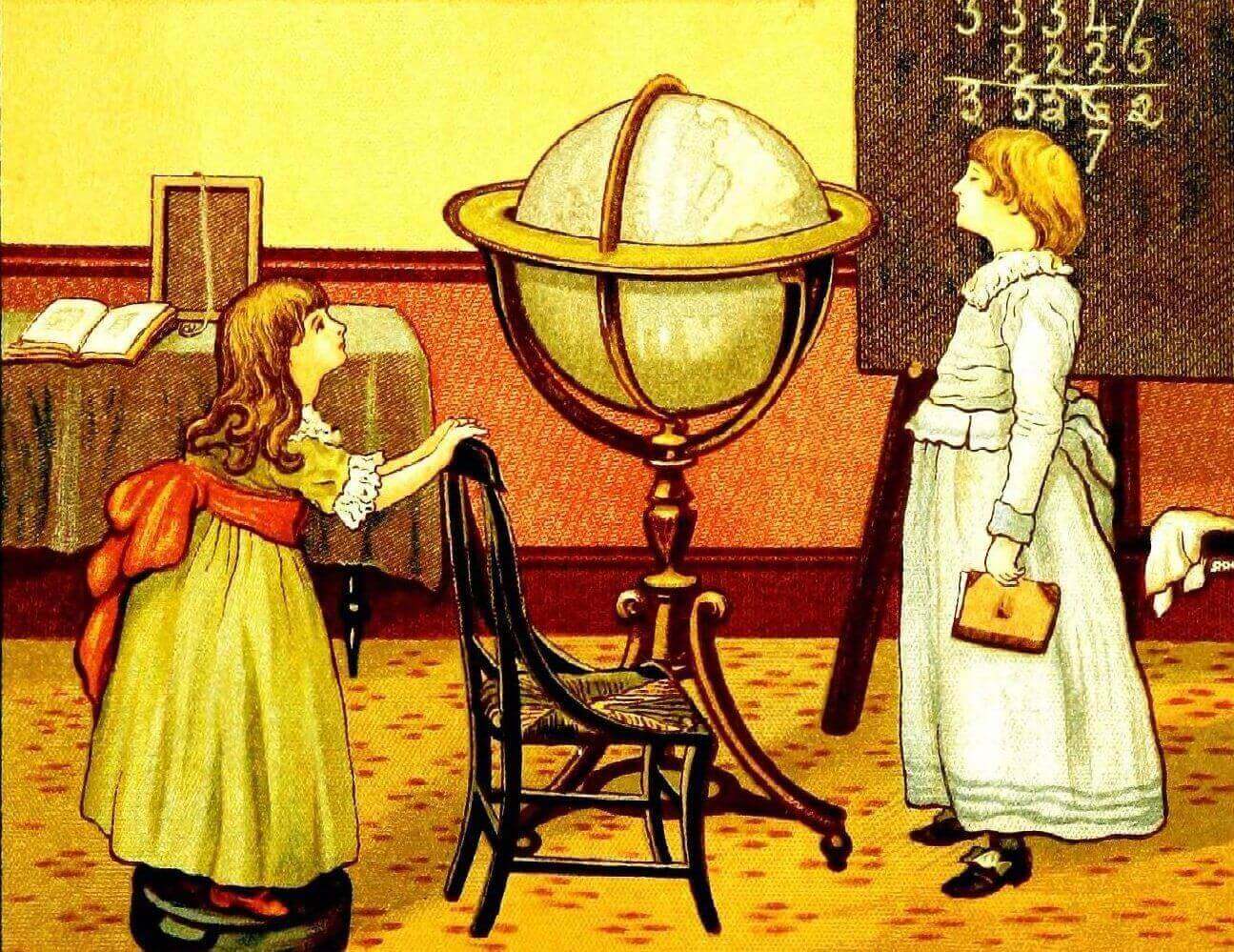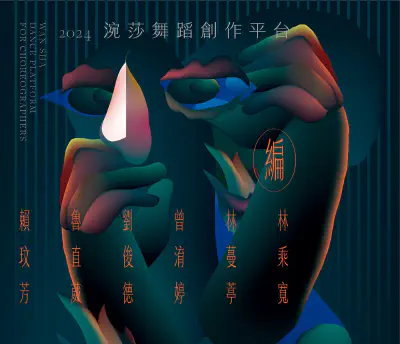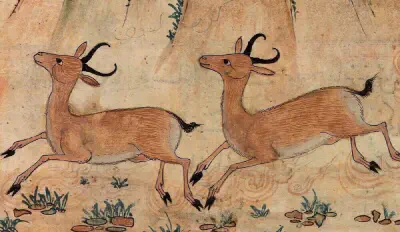Ritual is a Creative Act
This is the second in a two-part series on ritual. In the first piece, we looked at how ritual helps us get by, sometimes almost magically, in a complicated social world (you can read part one of this series here).
But ritual is more than just a way of getting by. It is also a way of giving shape to ourselves and our shared world. To engage in ritual is to engage in a creative act that can transform the world. Let’s see how!
Shaping Ourselves
One philosopher who was keenly aware of the creative power of ritual was the Confucian philosopher Xunzi. Xunzi is famous in particular for his claim that human nature is bad (arguing against the more sunny-natured Mencius, who insisted that human nature was good).
In his Discourse on Ritual, Xunzi says that we are born with desires that we hunger to satisfy. But desires are unlimited: when we get what we want, we just want more. And more. And more. When left unchecked, this desire for more leads to social discord, to disharmony, and to general impoverishment. The world, alas, simply isn’t built for us to fulfil all of our desires to the greatest possible extent.
This is why ritual matters for Xunzi. It helps shape ourselves and manage our desires. It imposes a degree of order or measure on our otherwise insatiable wanting.
It is worth paying attention to what Xunzi is not saying here. He is not claiming that we should somehow eradicate desire, or that desire in itself is bad. Desire is simply a part of what makes us human. What we need to do is not to expunge all our desires, but instead to nurture them in the right ways. The word for “nurture” here is yang (養), which originally meant “to herd sheep” or “to tend to flocks.” So you could see ritual as a way of herding our desires and our dispositions, so they don’t cause havoc or run riot.
In an earlier Philosopher File, we saw that for Xunzi, human beings are by their very nature crooked. Human badness is the consequence of desire having no natural terminus. This being the case, we can’t rely on nature to solve our problems. We have to invent artificial means of managing ourselves.
And this is where ritual comes in. Ritual shapes us. It regulates and manages our desires. Through the proper use of ritual, Xunzi claims, we can find a concordance between our desires and the material conditions of the world. And if we can manage our desires so that the material things of the world are not depleted or exhausted, then we can live as desiring creatures, without the world falling into chaos.
Imagine, for example, that we are down to the last biscuit on the plate. If we are both hungry, and let our desires have free rein, then we will naturally fall into conflict. But more often than not, we don’t do that. Instead of snatching the biscuit and cramming it into our mouths, and thereby starting a small biscuit war, we resort to ritual. We get polite. We say, “No, please, take it, I’ve had enough…” And through the coolness of ritual, we manage the heat of our desires.

For Xunzi, ritual lends our lives a good measure, putting the brakes on excess and insufficiency. Ritual, he writes, “cuts off what is too long and extends what is too short. It subtracts from what is excessive and adds to what is insufficient.” [1] It is a way of making sure that we maintain an appropriate measure when it comes to the things that make up our life: material things, our moods, our states of mind, even our cultural practices.
And for Xunzi, this is hugely powerful because through ritual we can shape our inherent natures to such an extent that we can approach sage-like human perfection.
Thus, I say that human nature is the original beginning and the raw material, and deliberate effort is what makes it patterned, ordered, and exalted. If there were no human nature, then there would be nothing for deliberate effort to be applied to. If there were no deliberate effort, then human nature would not be able to beautify itself. Human nature and deliberate effort must unite, and then the reputation of the sage and the work of unifying all under Heaven are thereupon brought to completion.[2]
Shaping the World
But ritual isn’t just about completing or shaping ourselves. Because, as Xunzi also suggests, through ritual we complete or shape the world itself.
In the world, all members of the myriad things and the human race must await the sage, and only then will they be appropriately divided up. [3]
For Xunzi, ritual allows us to give order to the myriad things of the world (wanwu 萬物). The world in its raw, natural state is incomplete. It is the artificiality of ritual, while being rooted in the patterns of the world, that brings these patterns to completion.
This idea of ritual as something that allows us to creatively participate in the ongoing completion of the world, is also found in other philosophical traditions. In his fascinating comparative study of Maya and Chinese philosophy, the philosopher Alexus McLeod draws parallels between Xunzi’s arguments about the creative power of ritual, and those of the philosophers of the Maya world.
McLeod argues that for the Maya philosophers, ritual is makes us co-creators of the world. Within Maya culture, one of the biggest ritual preoccupations is with the “keeping of days.” The Daykeeper or K’iche’ is responsible for keeping track of the 260-day Maya calendar. The Daykeeper reads the patterns inherent in the world, conducts divination, and decides on the appropriate rituals and their appropriate timing. In doing so, they not only shape the social world, but also the natural order.
Humans play a role in the continual creation of things through their daykeeping and other rituals, but these rituals are not completely conventional, arbitrarily set by humans. Keeping the days properly and performing rituals properly is a matter of understanding the patterns inherent in the world. [4]
Creativity and ritual
For the Maya philosophers, as for the Confucians, ritual is a means of participation in the ongoing creation of the world. Ritual allows us to attune ourselves to the world’s patterns, and to augment them. If our rituals are well-regulated and rooted in an attentiveness to the pre-existing world, they allow us to give order and shape to our lives and to the world we share.
What this means is that in both these traditions, ritual is seen as something inherently creative. We can easily think of rituals as being about doggedly repeating the same old patterns, over and over again, as if we were on autopilot. Seen like this, ritual seems to be the opposite of creativity. But if the Confucians and the philosophers of the Maya world are right, then they challenge this view, forcing us to ask: what if the reverse turned out to be the case? What if the task of transforming the world, making it anew, cannot be accomplished without the artfulness and the artificiality of ritual?
Notes
- Eric L. Hutton (translator), Xunzi: The Complete Text (Princeton University Press 2014), e-book Ch. 19
- Ibid.
- Ibid.
- Alexus McLeod, Philosophy of the Ancient Maya: Lords of Time (Lexington Books 2018), p. 41
Further Reading
Books
I’m currently reading Amy Olberding’s wonderful The Wrong of Rudeness: Learning Modern Civility from Ancient Chinese Philosophy (Oxford University Press 2019), and I really can’t recommend it enough. It is candid, clear, thoughtful, beautifully written and argued, and often extremely funny.
Online
For much more insight into Maya thought, read my interview with Alexus McLeod here, and also my piece on Maya philosophy here.



